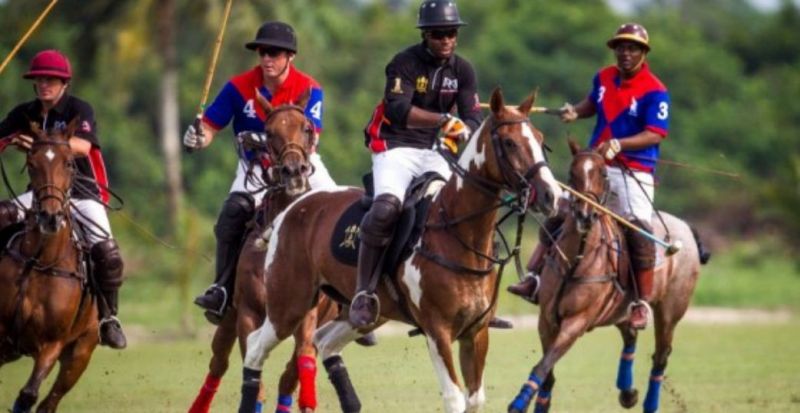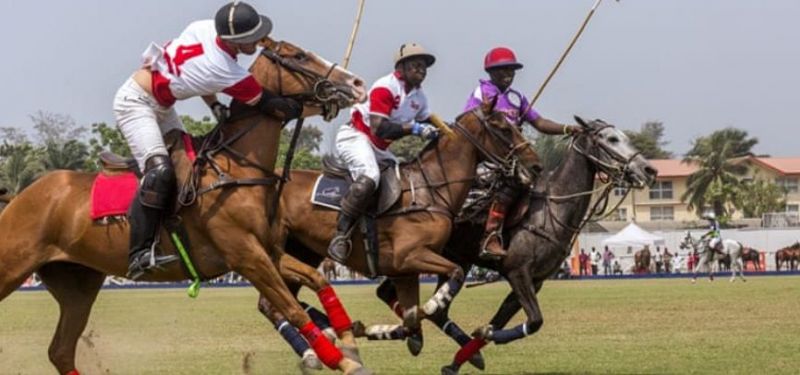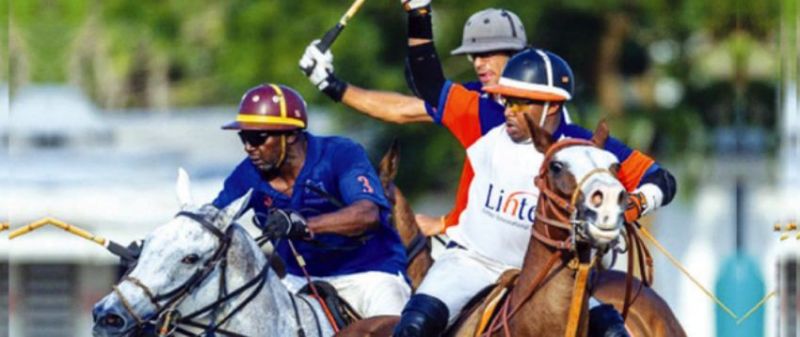History of Polo Sports in Nigeria

Polo is an Olympic sport played on horseback that involves two or more players working towards a unique aim of scoring a goal against the opposing team. Each team of the polo sports consists of four riders and their horses typically bred for the purpose of the sport. It usually lasts from one to two hours and is been divided into periods known as chukkas.

Polo was introduced to Nigeria in 1904 decades of years before football sports as one of the oldest competitive sport. However, the general historical reference of polo sports dates back to the ancient Greek, Alexander the Great that used the sport as a training exercise for the Persian horsemen whose role was to engage in direct combat with enemy forces.
But its popularity started from England in 1968. The British officers later established Lagos Polo Club and Ikoyi Club and competitions kicked off immediately. Germany, Cameroun and some Lagos teams began competing; the first tournaments they played for was the Kaiser Wilhelm Cup, now Independence Cup.

The sport was later introduced to the northern parts of Nigeria which included Katsina, Zaria, Kaduna and Kano where it attracted most Nigerian notable personalities and high profiled individuals.
The sport today has its major clubs in Lagos, Katsina, Kaduna, Port Harcourt and Kano state Nigeria; it is mostly played in cities such as Yola, Maiduguri, Zaria Ibadan, Abraka, Jos, Bauchi, Sokoto and Benin. Among the states, Katsina became the most popular polo centre in the northern places.
Nigerian polo recorded their first epoch-making debut in March 2009 at the National Sports Festival popularly known as KADA Games 2009 at the historic Ahmadu Bello Yakubu Clubhouse Pologround, Kaduna Nigeria.

In the present day, Nigeria is among the top countries in the history of polo sport through a player Bello Buba who is the country's successful high goal team. He is engaged with the Triumphant Kaduna El-Amin Team.